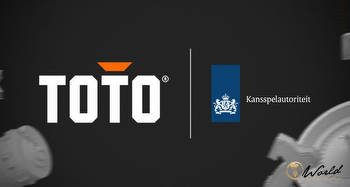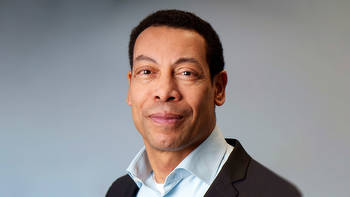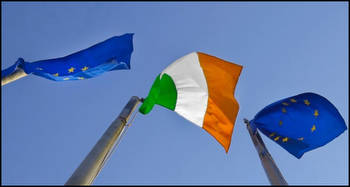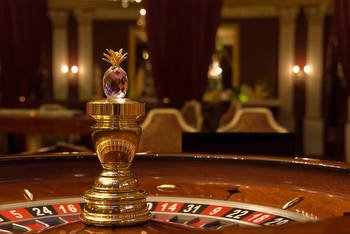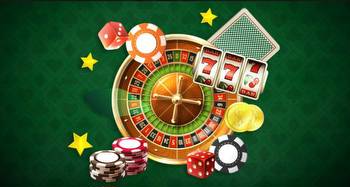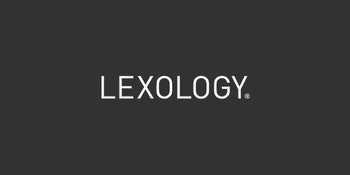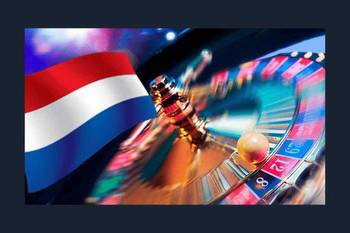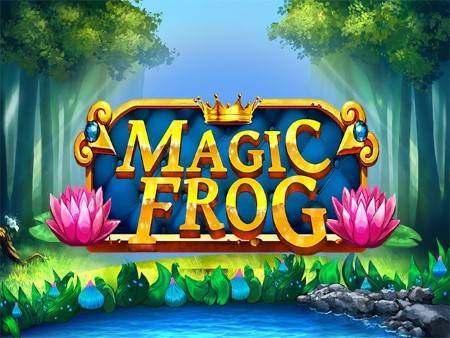Dutch advertising rules not protecting people against gambling addiction, experts say

Addiction experts are worried about the gambling advertisements flooding the Dutch market now that online gambling is legal in the Netherlands. Holes in the regulations result in a too rosy picture of gambling being broadcast at society, which could lead to an increase in addiction problems, they said to the Volkskrant.
Online gambling became legal in the Netherlands in October. Since then, casinos collectively spent about 10 to 12 million euros per month on advertising, the newspaper wrote based on figures from research firm Nielsen. Gambling ads are allowed in the Netherlands to draw players out of the illegal gambling circuit, a market worth an estimated 750 million euros in 2020.
Although these gambling ads generate a lot of resistance in politics and beyond, the Advertising Code Committee so far rejected every complaint field against online gambling advertisements, according to the Volkskrant. In its last ruling, the Committee approved a playful ad because "the average consumer" understands that it does not paint a "serious image" of gambling.
But addiction experts are concerned. Not about the "average consumer," but about vulnerable target groups like children and teenagers.
The Netherlands is still very inexperienced in gambling advertisements, Leroy Snippe, who worked in addiction care for many years and is currently doing his Ph.D. on innovative terms for gambling addiction, said to the newspaper. "We don't have any resistance yet," he said. "And suddenly we see that gambling is associated with parties."
It's no surprise that casinos sell gambling as fun, said Anneke Goudriaan, neuropsychologist and professor on addiction. But the ads don't show what gambling really means. "Only the wins are shown, while the losses are so much more frequent. On average, gambling costs people money."
Casinos do have to add a warning text to their advertisement, but the experts don't think it helps much. "It provides a little counterbalance," said Floor van Bakkum, prevention manager at Jellinek, to the newspaper. "But it can't compete with all the moving, flashing images you saw just before."
Another measure to protect young people is that casinos can't use professional football players in gambling ads. But that ban expires if the footballer stops playing football. For example, Wesley Sneijder, who last played for Oranje three and a half years ago, is now one of Toto's figureheads.
The law states that role models must not have "substantial reach" among young people under the age of 25, according to the newspaper. But casinos themselves have to investigate to which extent a role model has reach. "The dividing line is very thin," Bakkum said. "Sneijder is no longer an active athlete, but he is well regarded as a footballer among young people. Moreover, that group is extra sensitive to role models."
In response, Holland Casino told the Volkskrant that behavioral experts and experts by experience test all its advertisements before airing. The casino also reduced its television commercials by 60 percent in January. But it "consciously chose" to continue awareness campaigns on responsible gambling.
Toto said it has a social task to lead players to "legal online games of chance in a safe gaming environment with an attractive offer." "We use advertisements for this that target adults aged 24 and older," Toto said to the newspaper.
BetCity said they have nothing to add to the Volkskrant article. Batavia Casino was not available for response.










